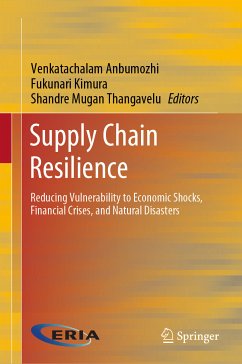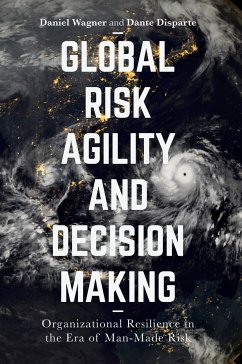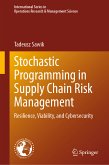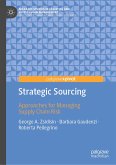Typically, supply chain risk assessments focus on normative guidelines based on single best practice examples or vulnerability events, and there has been little work exploring how the concepts of supply chain risk management and resilience are related. However, since this relationship has implications for developing integrated response strategies, a clear understanding of the possible consequences is a fundamental step in building socio-economic resilience along the supply chain.
Against this background, the book addresses three main topics: firstly, it defines the conceptual and sectoral domains of supply chain risk management and resilience by examining the welfare effects of extreme weather events and other economic shocks on selected global supply chains. It then presents an in-depth analysis of the scope of public-private partnerships to tackle the risks, by empirically exploring supply chain risk effects and information management. Thirdly, it proposes a regional cooperation framework in the context of major supply chain vulnerability events such as disasters and global financial crises.
Dieser Download kann aus rechtlichen Gründen nur mit Rechnungsadresse in A, B, BG, CY, CZ, D, DK, EW, E, FIN, F, GR, HR, H, IRL, I, LT, L, LR, M, NL, PL, P, R, S, SLO, SK ausgeliefert werden.









